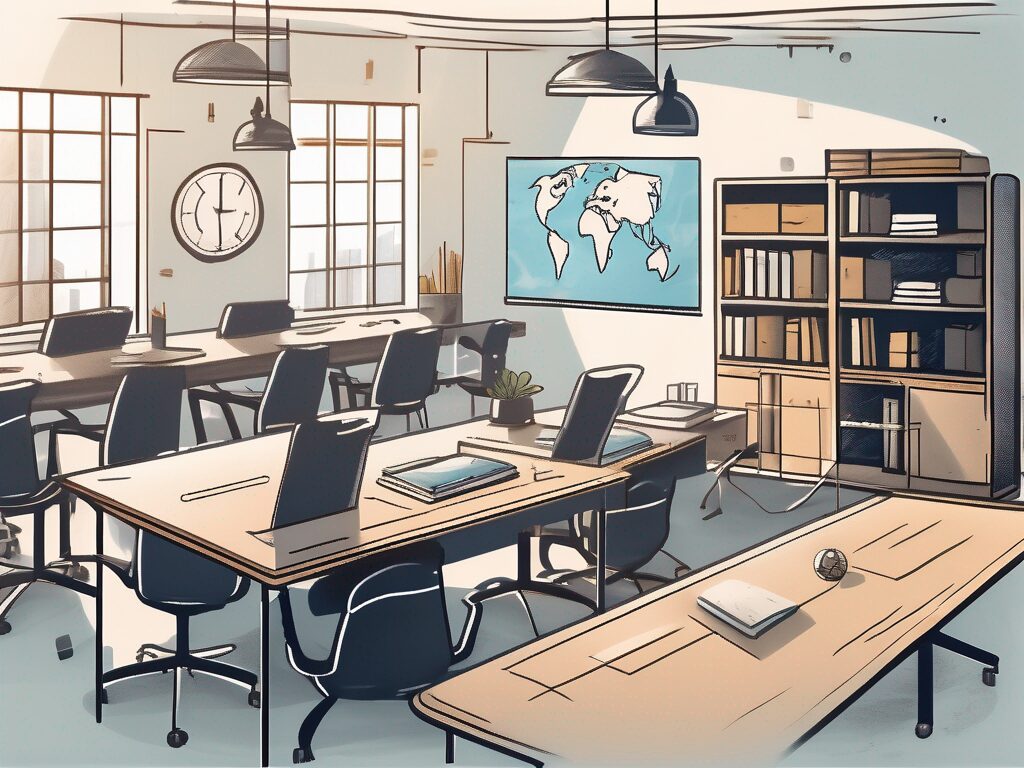html
Master’s in Education: 5 Effective STEM Teaching Methods in Dubai
In the rapidly evolving educational landscape of Dubai, the demand for innovative teaching methods, particularly in STEM (Science, Technology, Engineering, and Mathematics), has never been more critical. As educators strive to equip students with the skills necessary for the future, understanding and implementing effective STEM teaching methods is essential. This blog post will explore five impactful STEM teaching methods that can transform classrooms in Dubai, enhancing student engagement and learning outcomes.
1. Project-Based Learning (PBL)
Project-Based Learning (PBL) is a dynamic classroom approach that encourages students to learn by engaging in real-world projects. This method not only fosters critical thinking and problem-solving skills but also promotes collaboration among students. In Dubai, where cultural diversity is a hallmark, PBL can be particularly effective. For instance, students can work on projects that address local environmental issues, such as water conservation or renewable energy solutions, allowing them to apply their STEM knowledge in a meaningful context.
According to a study by the Buck Institute for Education, students engaged in PBL demonstrate higher retention rates and improved academic performance. By incorporating PBL into the curriculum, educators in Dubai can create a more engaging and relevant learning experience for their students.
2. Flipped Classroom Model
The Flipped Classroom Model is an innovative teaching strategy that reverses traditional learning environments. In this model, students are introduced to new content at home through videos or readings, while class time is dedicated to hands-on activities and collaborative projects. This approach allows educators to provide personalized support and encourages students to take ownership of their learning.
In Dubai, where technology is widely accessible, the Flipped Classroom Model can be seamlessly integrated into STEM education. For example, teachers can assign video lectures on coding concepts for homework, and then use class time for students to work on coding projects together. This method not only enhances understanding but also fosters a sense of community among students.
3. Inquiry-Based Learning (IBL)
Inquiry-Based Learning (IBL) is a student-centered approach that encourages learners to ask questions, conduct investigations, and build new understandings. This method is particularly effective in STEM education, as it aligns with the scientific method and promotes curiosity and exploration.
In Dubai, educators can implement IBL by posing open-ended questions related to local challenges, such as urban planning or sustainable agriculture. Students can then research, experiment, and present their findings, fostering a deeper understanding of STEM concepts while developing essential skills such as critical thinking and communication.
4. Integrating Technology in STEM Education
Technology plays a pivotal role in modern education, and its integration into STEM teaching methods can significantly enhance student engagement and learning outcomes. In Dubai, where cutting-edge technology is readily available, educators can leverage tools such as coding platforms, robotics kits, and virtual reality to create immersive learning experiences.
For instance, using robotics kits, students can design and program their robots to solve specific challenges, reinforcing their understanding of engineering and programming concepts. Additionally, virtual reality can transport students to different environments, allowing them to explore scientific phenomena in a hands-on manner. By integrating technology into STEM education, teachers can create a more interactive and engaging learning environment.
5. Collaborative Learning
Collaborative Learning is an instructional approach that involves students working together to solve problems or complete tasks. This method not only enhances social skills but also promotes a deeper understanding of STEM concepts through peer-to-peer interaction.
In Dubai’s diverse classrooms, collaborative learning can be particularly beneficial. By grouping students from different backgrounds and skill levels, educators can foster an inclusive environment where all voices are heard. For example, students can work in teams to design a sustainable city, combining their unique perspectives and expertise to create innovative solutions. This approach not only enhances learning but also prepares students for the collaborative nature of the modern workforce.
Conclusion
As Dubai continues to position itself as a global hub for education, the implementation of effective STEM teaching methods is crucial for preparing students for the challenges of the future. By embracing Project-Based Learning, the Flipped Classroom Model, Inquiry-Based Learning, technology integration, and Collaborative Learning, educators can create engaging and impactful learning experiences that resonate with students.
Empower Your Teaching Career with IPGCE
As we strive for a more inclusive education system in Malaysia, the role of qualified and well-trained educators becomes increasingly crucial. IPGCE is dedicated to supporting teachers in their professional journey, offering the International Postgraduate Certificate in Education (iPGCE) to enhance qualifications and open doors to international teaching opportunities. With our program, you can expect a significant increase in interview callbacks, promotion rates, and salary. Plus, you’ll join a global network of educators, gain a deeper understanding of international curricula, and enjoy the flexibility of online study. Don’t let inadequate credentials or isolation hold you back. Join the UK’s #1 Teacher Training Course today and take a decisive step towards a fulfilling career in inclusive education.

